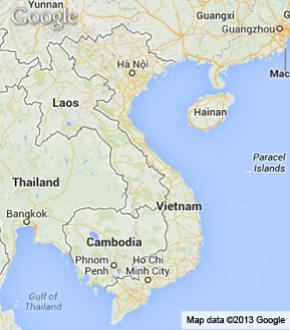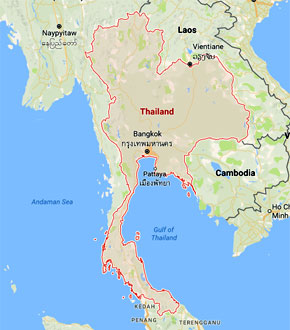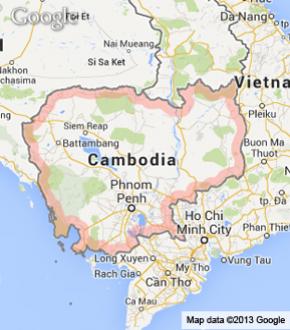The past week has seen the number of reported Dengue Fever cases in Thailand rise from 583 in 53 provinces to 2,380 in 67 provinces, as of yesterday. Bangkok is the province most affected, according to Outbreak News Today with 17.34 cases reported per 100,000 population.
No deaths have yet been reported from the latest figures although the Kingdom has been mourning the tragic passing of Thrisadee “Por” Sahawong, who succumbed to complications from the disease earlier this week. Thailand’s Public Health Ministry expect Dengue cases to rise by over 16 percent this year to 166,000 – up from 142,925 during 2015. Of those, 141 cases proved fatal.
Most of the new cases reported this year struck in young people aged between 15 and 24, according to Dr Sopon Mekthon, permanent secretary of public health. This demographic is reportedly most at risk from the disease. As the world’s fastest-spreading tropical disease, the mosquito-borne Dengue Fever poses a significant challenge to public health in Thailand. The World Health Organisation says around 50 million cases of the disease occur every year, according to Coconuts.
There are three Dengue-related viruses transmitted by infected Aedes mosquitoes: typical Dengue Fever, Dengue Hemorrhagic Fever (DHF) and Dengue Shock Syndrome. The latter two are the most severe. Symptoms of Dengue Fever include high fever, headaches, pain behind the eyes, nausea, vomiting, rash and severe joint and muscle pain – occasionally so severe that it feels as though your bones are breaking.
Additional symptoms found in DHF patients include bleeding from beneath the skin, nose and gums as well as severe damage to blood vessels. We reported at the end of last year that Watthana, a neighbourhood stretching from Nana to On Nut in the Sukhumvit area, possessed one of the highest numbers of Dengue Fever cases. Check out our Tips For Avoiding Dengue Fever On Sukhumvit and remember to be pro-active in applying mosquito repellant. If you think you may have the disease, consult a doctor immediately.























